Ranking in the search results for keywords that are relevant to the products or services your business offers can drive more targeted traffic to your pages. But ranking a website is a long process that can take weeks or even longer. This is where Google Ads comes into play – A PPC (pay per click) platform from Google that lets you advertise within the search results.
As the name suggests, you only pay each time someone clicks on your ad. The downside is that campaigns can cost a lot of money, which is why keyword research is so important. Choose the right keywords and you can bring in new customers, but choose the wrong keywords and you’ll only be wasting clicks.
Here we’ll look at simple steps to choosing Google Ads keywords for your campaigns.
Think Like Your Customers to Brain a Keyword List
Let’s start with brainstorming a keyword list. Put yourself in your customers’ shoes and think about the keywords they would type into Google to find the products or services your business offers. What problems are they looking to solve and how would they describe it?
Be sure to also include synonyms in your list (e.g. “shirts” and “tees”). You won’t necessarily use all of these keywords, but many will form the basis of ad groups as we start to get more specific.
Use Keyword Tools to Expand Your List
The next step is to expand the keyword list you’ve brainstormed even further. There are a number of helpful tools you can use including Google’s Keyword Planner. Simply enter your keywords and click the Get Results button for more keyword ideas. Chances are you’ll discover a ton of new keywords that you can add to your list.
As you type in a keyword into Google’s search box, you’ll see a list of search suggestions. Use different keywords to see which autocomplete keywords come up. You can also look at Related Searches at the bottom of the search page for even more keyword ideas.
Select Specific Keywords Based on Your Offer
The absolute worst thing you could do is to throw all your keywords into a single ad group. Google rewards campaigns that are tightly focused, so it’s best to group related keywords together. For example, you could group keywords that target a single product or service your business offers. Doing so also allows you to create a more focused landing page, which can lead to better conversions.
In general, you want to avoid any keywords that are too broad. Targeting terms like “shoes” or “makeup” may allow you to reach a wider audience, but those keywords are less likely to convert as they’re still early in the research cycle. In contrast, keywords like “men’s athletic shoes for flat feet” and “makeup brushes for sensitive skin” are more likely to convert as they’re closer towards the end of the buying cycle. These types of long tail keywords also come at a lower cost per click than their head term counterparts.
Whether you’re a startup or an established business looking to grow your sales, we offer ongoing advisory services that deliver results. Get in touch today to find out how we can help your business thrive.
Author’s Bio
Alex Morrison has worked with a range of businesses giving him an in depth understanding of many different industries including home improvement, financial support and health care. As the owner of Integral Media, he is now utilising his knowledge and experience with his rapidly increasing client portfolio to help them achieve their business goals.
